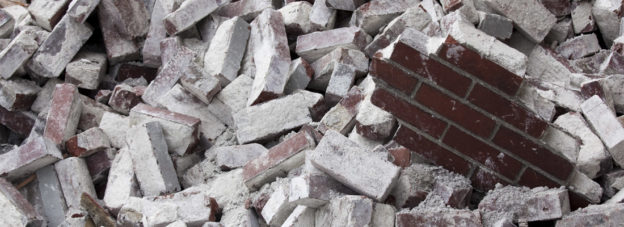Foreseeability is a tort concept that tends to permeate several aspects of legal analysis, often causing confusion in litigants’ interpretation of, and courts’ application of, foreseeability to their cases. In Cincinnati Ins. Co. v. Progress Rail Services. Corp., 2020 U.S. Dist. LEXIS 73967 (C.D. Ill.), the United States District Court for the Central District of Illinois took on the task of analyzing a case dealing with foreseeability issues to determine if the defendant owed the plaintiff a duty and if the damages were so remote as to violate public policy. The court held that since the defendant’s actions contributed to the risk of harm to the plaintiff and the facts satisfied the four-prong duty test, the defendant owed the plaintiff’s subrogor a duty of reasonable care. It also held that the plaintiff’s damage claim did not open the defendant up to liability that would violate public policy. Continue reading



